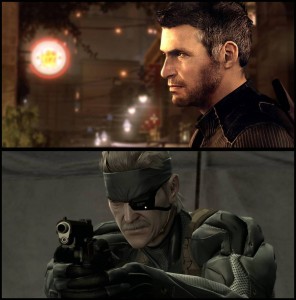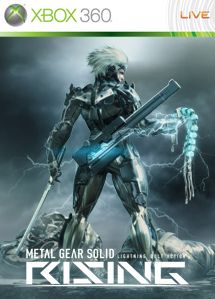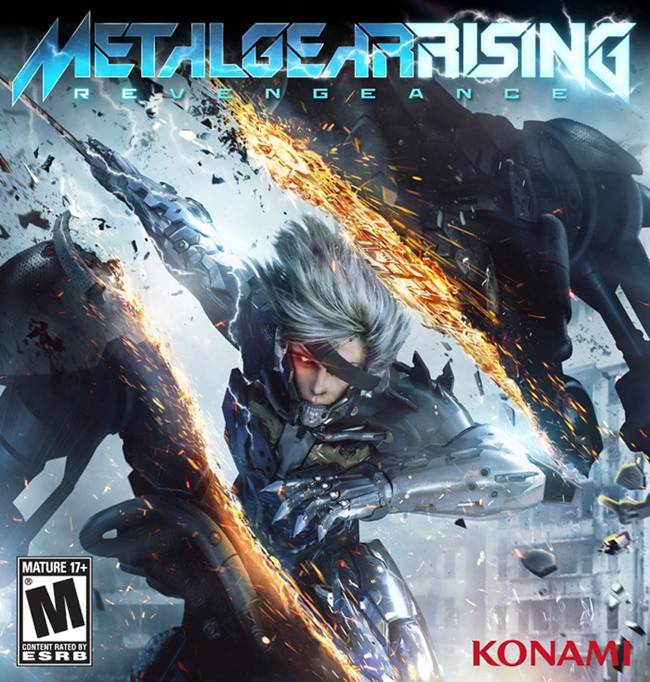Ten years ago, the shelves were stocked to bursting with flight simulators, both commercial focused and combat focused. There were innumerable titles that sported realistic air combat or mere arcade-simulation from World War I to modern days and beyond, but by far the most numerous and popular titles were the ones that showcased the warbirds of World War II. They ranged in seriousness from the forgiving mechanics of Jane’s World War II Fighters to the punishingly realistic Il2: Sturmovik and flight simulators enjoyed a huge heyday of popularity and dissemination. Now, though? The most recent semi-popular flight sim that comes to mind is Dogfighter, which practically defines arcade-simulation. The age of flight simulators has passed, surely, but what it has helped create is the hugely popular driving simulator. The Forza series typifies the kind of purist experience for driving sports that Il2 represented for combat flight sims. Currently, the same kind of thing seems to be happening with games over a number of genres. Survival Horror is a lost art, RPG elements bleed into almost every game in some small way, and action elements are increasingly used to bolster the lacking stealth core in some franchises. The question is, was this change indicative of the abandonment of a genre or merely the evolution of a separate but related one?
It would be an easy argument to make that stealth-action is going the way of the dodo. One needs only look at the newest Splinter Cell title, Conviction. The heavy stealth element and sneak-focused mapmaking have given way to missions centered on smoothly kinetic action pieces. The new Sam Fisher is more Jason Bourne than the aging, acerbic agent we’d known in the past, and though the game carries with it recognizable elements such as Michael Ironsides’ character-defining voice work, the game typifies the changes that more and more franchises seem to be adopting: the mixing of genres with a heavy emphasis on quicker, more impactful gameplay.
It would be unfair to say that Splinter Cell has abandoned its core principles; the stealth is there should the player feel like employing it. But the game is clearly balanced toward the much more viscerally satisfying headshot-chain that Fisher can only bafflingly employ after beating up an unfortunate guard. Gone are the rewards or punishments for collateral damage – Sam is off the grid with no one looking over his shoulder and has the world to save. The end result is fun, decently written, competently executed stealth action game, as long as the word “stealth” is used only in the most liberal sense.
Splinter Cell isn’t the only series that incorporates faster and more brutal combat into the experience. If the E3 live demo is any indication, the Metal Gear series is doing much the same. Instead of a chain of headshots, though, the designers have implemented a hi-tech looking sword to enable the player to easily hack through groups of guards on the way to fight the inevitably over the top boss battles. The core conceit here is that the player can finely manipulate the angle of each chained slash, resulting in grotesquely severing limbs and leaving finely ground chunk of guard strewn across the battlefield.
I’ll admit, this new weapon sounds fantastic. It could change the nature of bladed combat in every title in the future, replacing button-smashing, combo-centered and increasingly outdated –looking and –feeling melee combat (The Force Unleashed serves as a perfect example of dated melee combat). But it does raise a small question: does this mean the end of Metal Gear’s stealth core? Why even attempt to hide if a quick speed burst and a few right-stick swings can leave behind a room of sticky blood and chunks of guard? It certainly doesn’t lend itself well to hiding bodies in a locker, unless the player is given a mop and bucket along with the sword.
The Assassin’s Creed series perfectly argues in favor of evolution over abandonment. Stealth is as important an element as in the first Splinter Cell titles, but it’s much more cleverly implemented. Instead of hiding in shadows and striking in small, precisely lethal ways, the character hides in plain sight, masking his intent by moving with crowds or above unassuming guard’s heads. While the game makes no claim to realism as the first of Sam Fisher’s outings (the ability to kill guards at will with no exceptionally dangerous reaction from the cities tends to kill the attempt at realism), the game makes great strides in helping to lift stealthy titles out of the shadows, out of the woods, and out of the secret underground nuclear silos. It is a perfect hybrid of action and stealth without heavily favoring one over the other; one player may carefully plan and execute his target with laudable finesse, just as surely as another may willfully hack his way through waves of guards to cut down his target in a bloody public execution. Try doing something similar in a Metal Gear title and it would earn a quick trip to the morgue.
Another title treads on the same line. Batman: Arkham Asylum mixes a fun and simple beat-em-up mechanic along with an agonizingly unforgiving weakness to firearms – even when Batman is roaming the hallways of Arkham with his fully upgraded armor, inmates armed with guns represent a significant threat to him, just as surely as the Joker’s steadily evolving Batman countermeasures impede his freedom of movement through the asylum. More classic in structure and mechanic than Assassin’s Creed, Arkham Asylum is another example of how stealth and action can combine to create a completely riveting experience that suffers none of the weird unbalance as a stealthless Sam Fisher.
Just as I’ve argued that survival-horror games no longer exist in the strictest sense of the definition, I would make the case that stealth-action has evolved into action-stealth. It is not a bad thing by any means, so long as unique titles keep coming out that combine the mechanics in such diverse and pleasing ways. But even as I was beating up some bad guys to earn enough badass points to shoot six more in the face, I lamented the end of Splinter Cell as a game that rewards patience and precision. Whether Metal Gear will suffer the same fate remains to be seen, but I for one hope it’ll lean more toward stealth than has been indicated thus far.


















